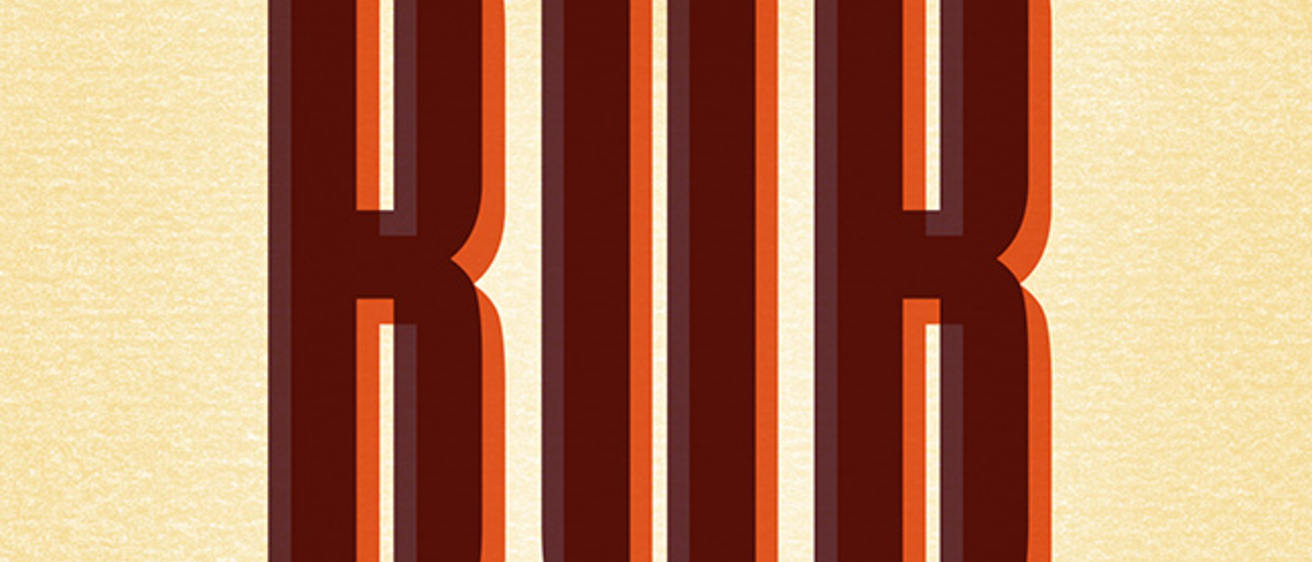The Writing University hosts the 5Q Interview series with authors from the University of Iowa Press. We sit down with UI Press authors to ask about their work, their process, their reading lists and events. Today we are speaking with Drew Bratcher, author of Bub.
Drew Bratcher was born in Nashville. He is a graduate of the Missouri School of Journalism and received his MFA from the University of Iowa. His essays and journalism have appeared in the Oxford American, Paris Review, Los Angeles Review of Books, Nowhere Magazine, Essay Daily, Garden & Gun, Image Journal, World War II, Military History Quarterly, Washingtonian, and others. He lives in Chicagoland.
1. Can you tell us a little bit about your new book?
Bub is a collection of essays about a lot of different things — leaving home, becoming a father, losing jobs, losing a grandfather (the title of the book comes from my name for him), getting stung by wasps, hearing Taylor Swift on the radio — but what brings it all together, I think, is how these experiences are interpreted with the aid of country music, which was the air I breathed in my formative years growing up outside Nashville. How we apply to whatever we encounter the frames of reference we’ve been handed, this book bears witness to that on just about every page.
2. What was the inspiration for this work?
For the past decade, I’ve been trying to fuse observational journalism, personal narrative, and arts criticism into a workable form. So, this book was inspired, stylistically at least, by writers who’ve attempted a comparable integration. John Berger and his disciples (Geoff Dyer, Teju Cole, Michael Ondaatje) are chief among them, but so too is Vivian Gornick (who was one of my teachers at Iowa), Hanif Abdurraqib, Elif Batuman, Gaby Wood, and David Searcy—writers who enlarge the self and briefly make the elusive tangible by refracting the personal through cultural artifacts and experiences. The book was also inspired by my favorite writers on country music: Paul Hemphill, Holly Gleason, Kelefa Sanneh, Ann Powers, Jewly Hight, Bill Friskics-Warren, David Cantwell, Peter Cooper, Casey Cep, Peter Guralnick, and others. They show me what’s possible.
3. Do you have any plans for readings or events for this book, either in person or virtual?
In a very crowded publishing season, readings have been hard to secure, but in December I’m doing an event at Prairie Lights, and I can’t wait. I always think of that bookstore as an extension of the creative writing programs at Iowa, which I first heard about from reading author bios on book jackets in libraries and bookstores in Nashville. I remember picking up Charles Wright’s “Black Zodiac” at Davis-Kidd, which no longer exists, and discovering that Wright was from Tennessee and that he’d studied at Iowa. I learned the same from reading Ann Patchett’s “Bel Canto.” When I moved to Iowa City for grad school, I had a rapt sense of furthering some project they had started.
4. What are you reading right now? Any books from other university or independent presses?
Recently I’ve read several works in translation from Archipelago Books, including “Cockroaches” and “The Barefoot Woman” by the Rwandan author Scholastique Mukasonga, translated from the French by Jordan Stump; and Andrea Bajani’s “If You Kept a Record of Sins,” a righteously angry novel about a son’s relationship with his estranged mother, as translated from the Italian by Elizabeth Harris. Ever since Adam Zagajewski’s death, I’ve had collections of his poetry, translated from the Polish by Clare Cavanagh, close at hand. The debt we owe to translators really is incalculable.
This past summer I read “What I’m Going to Do, I Think,” the first novel by Larry Woiwode, a beautiful writer who isn’t much read anymore but whose early novels, equal parts Dostoevsky and Field & Stream, are crying out for a re-issuing. I’ve also been reading books about public art museums in preparation for a new essay. In one I was surprised to learn that the West Building of the National Gallery of Art was built using Tennessee marble, and I wondered whether that explained why, when I lived on Capitol Hill, I felt a near-constant tug toward that place.
5. What is your writing routine? Do you have a daily routine?
My process has changed with the circumstances of my life. In DC, where I worked in journalism for a decade, I wrote every day on very tight deadlines. In grad school, I wrote once a week in a long burst at a small desk in the bedroom closet. Now, for the most part, I write late at night in the basement for a couple of weeks straight, maybe six or seven times a year. The work typically starts in a lined notebook, the pages of which I fill with ink from cheap Pilot Varsity disposable fountain pens, then moves to a Word Doc that, in the end, will bear little resemblance to the hand-written draft, which sort of amounts to notes. I listen to music at the start, mostly Chet Baker or John Coltrane, sometimes Amon Tobin, never music with words, and I have to be wearing shoes to simulate seriousness, but at some point, if I'm lucky, the atmospheric concerns— which, let's face it, are an evasion — fall away, the sentences take hold, and, when that happens, if it happens, I can write anywhere and for as long as it takes. None of this has been happening with much success as of late. In other words, I can feel it—I think I'm due.
